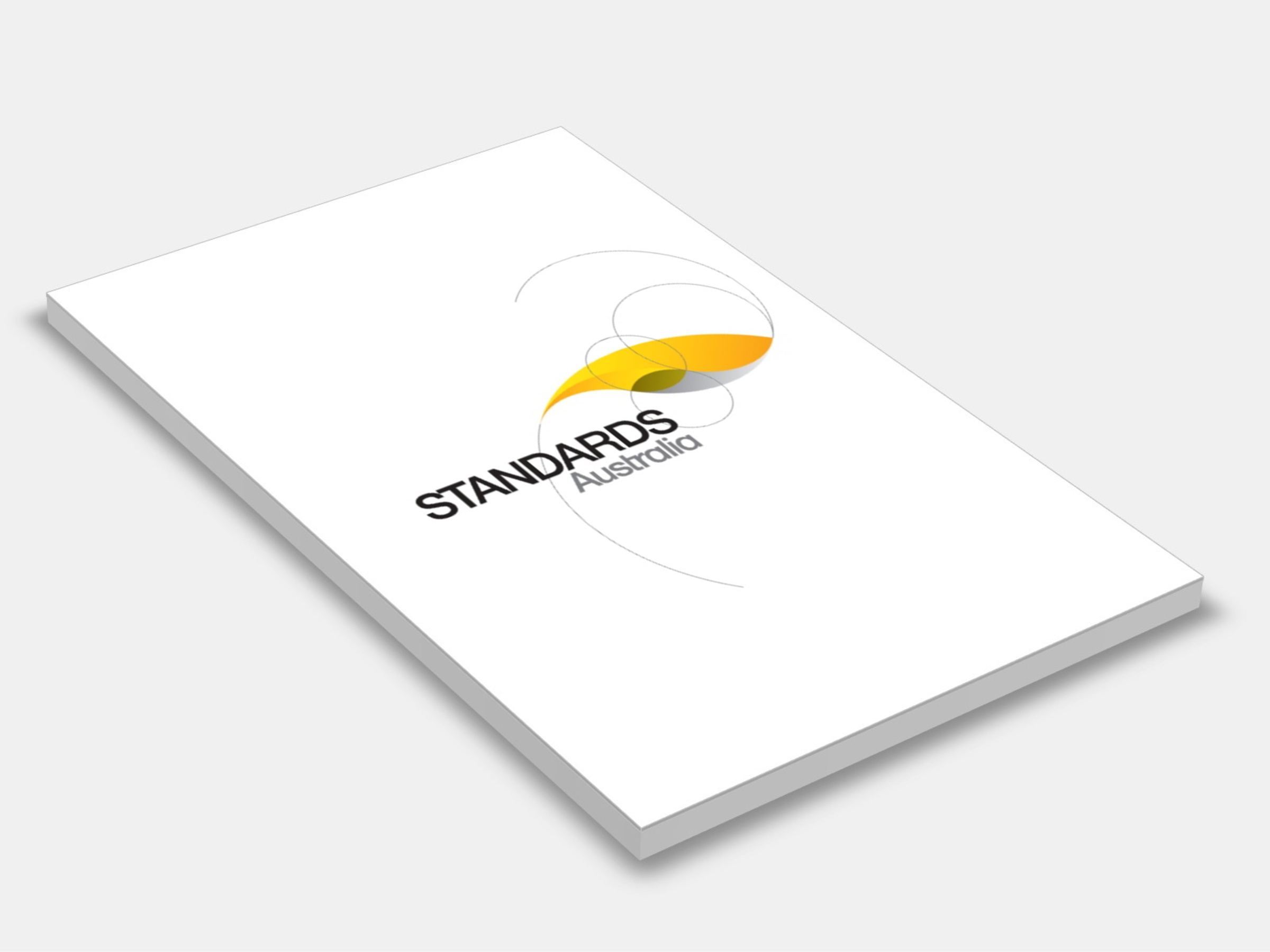
Type
Publisher
Standards Australia
Publisher
Standards Australia
Version:
First Edition 2024.
(Current)
Short Description
This Amendment applies to the following elements: Clauses 1.2, 1.4.2, 1.5, 1.11, 1.12, 4.2.2.3, 6.2.1.3 and 8.3.6.5, Figure 6.3, Table 8.18, 9.19 and 9.20, Bibliography.
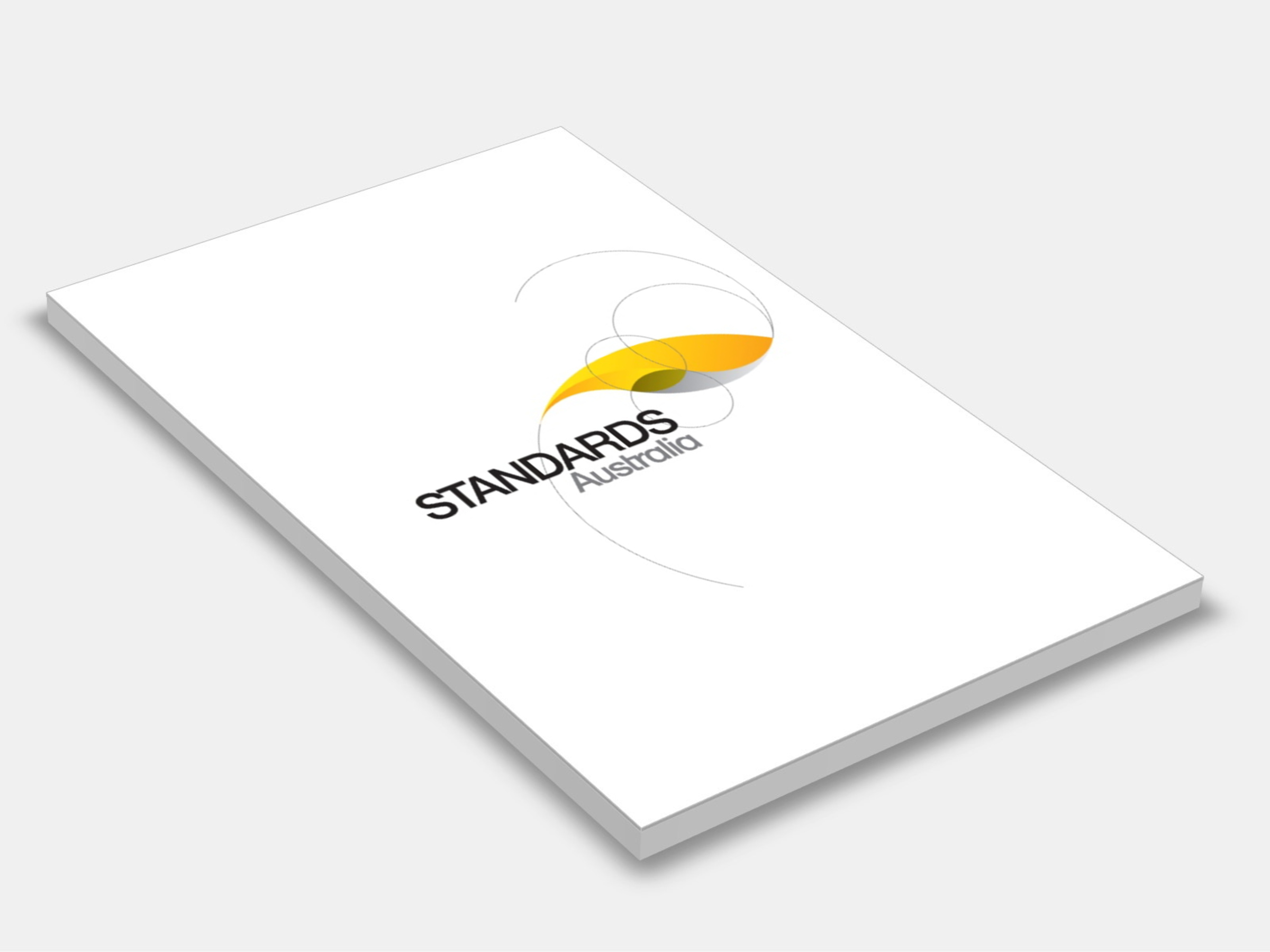
Type
Publisher
Standards Australia
Publisher
Standards Australia
Version:
First Edition 2024.
(Current)
Short Description
This Amendment applies to the following elements: Clauses 1.2, 1.4.2, 1.5, 1.11, 1.12, 4.2.2.3, 6.2.1.3, 8.3.6.5, Figure 6.3, Tables 8.18, 9.19 and 9.20, Bibliography.
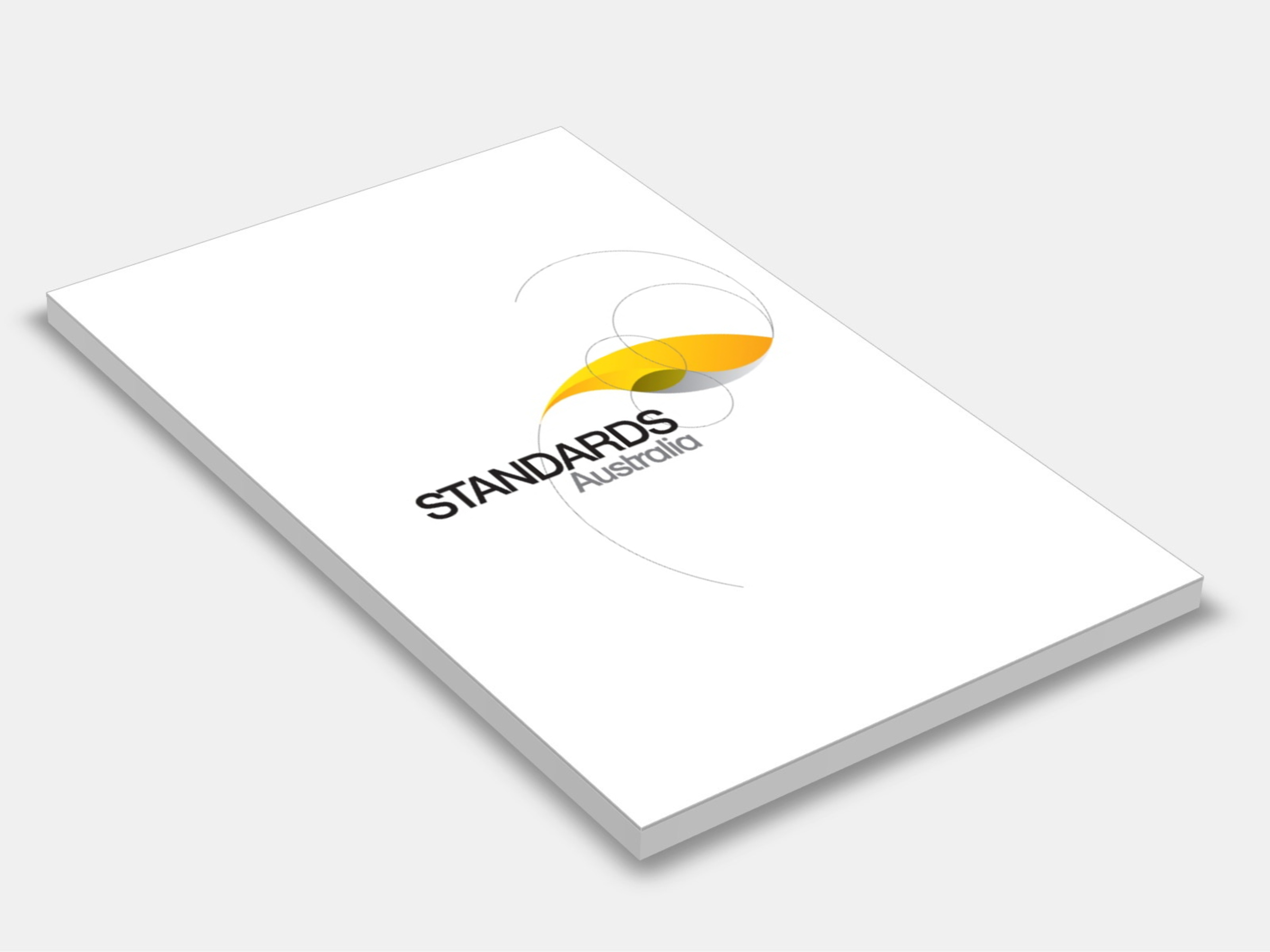
Type
Publisher
Standards Australia/Standards New Zealand
Publisher
Standards Australia/Standards New Zealand
Version:
Third Edition 2005.
(Current)
Short Description
Sets out a classification scheme for wiring systems according to their resistance to the hazards of fire and mechanical damage.
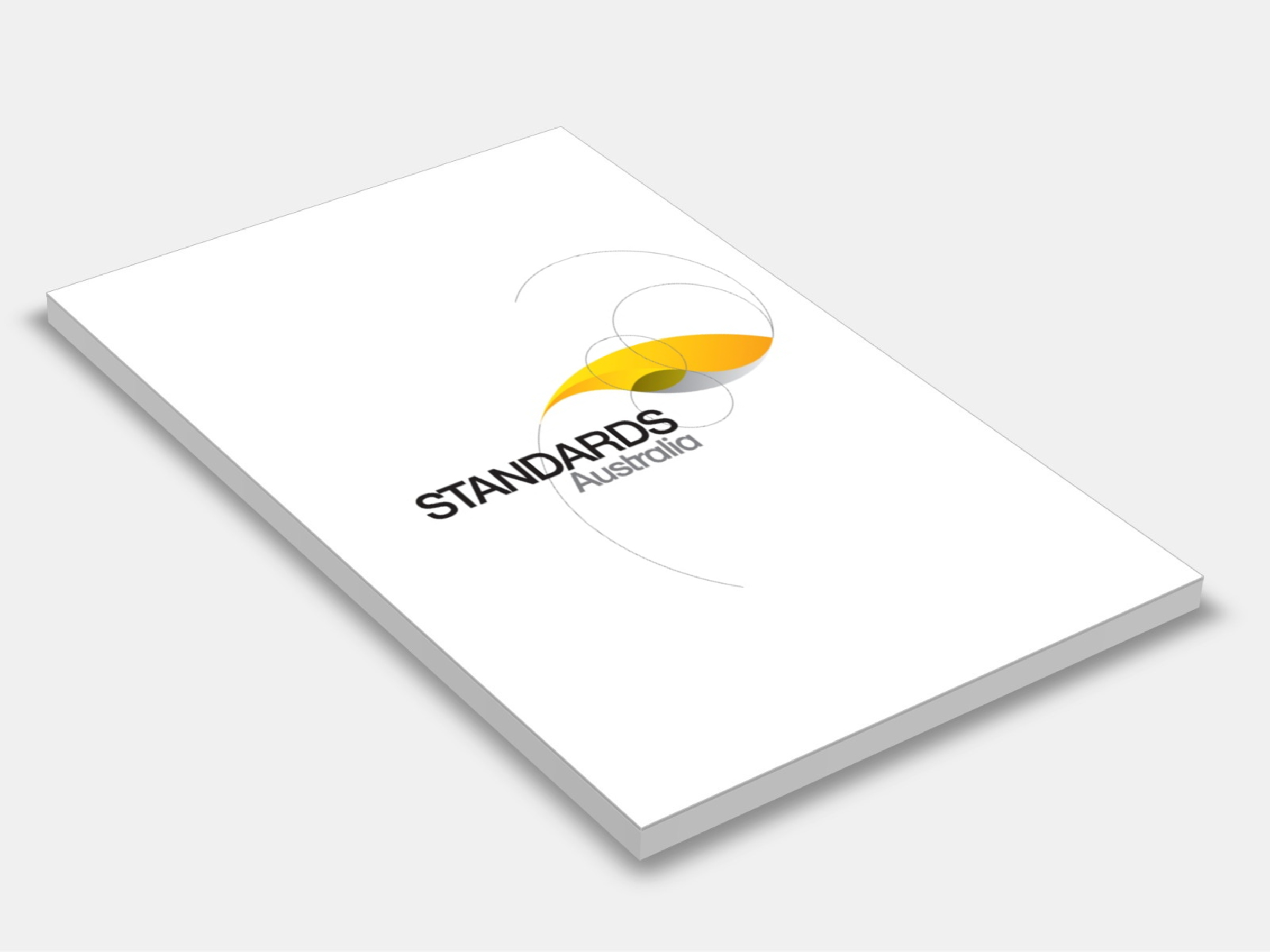
Type
Publisher
Standards Australia
Publisher
Standards Australia
Version:
First Edition 2015.
(Current)
Short Description
Sets out requirements for the design of nailplated timber roof trusses for residential and similar building applications in accordance with AS1720.1, AS4055 and the AS(/NZS)1170 series.
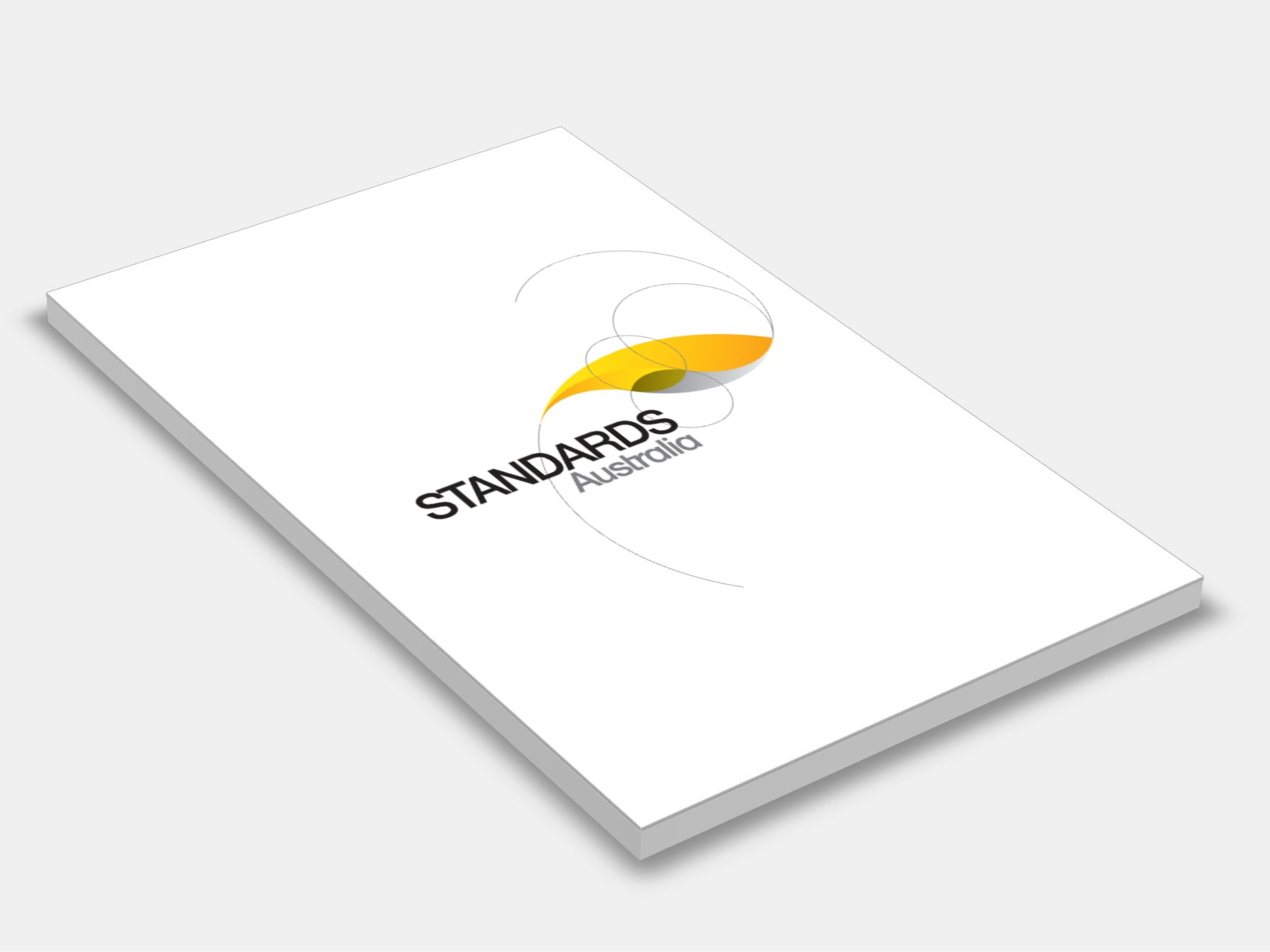
Type
Publisher
Standards Australia
Publisher
Standards Australia
Version:
First Edition 2016.
(Current)
Short Description
Part of the AS 1684 series, sets out the design methods, assumptions and other criteria, including uplift forces and racking pressures, suitable for the design of timber-framed buildings constructed within the limitations and parameters of, and using the building practice described in, AS 1684.2, AS 1684.3 and AS 1684.4.
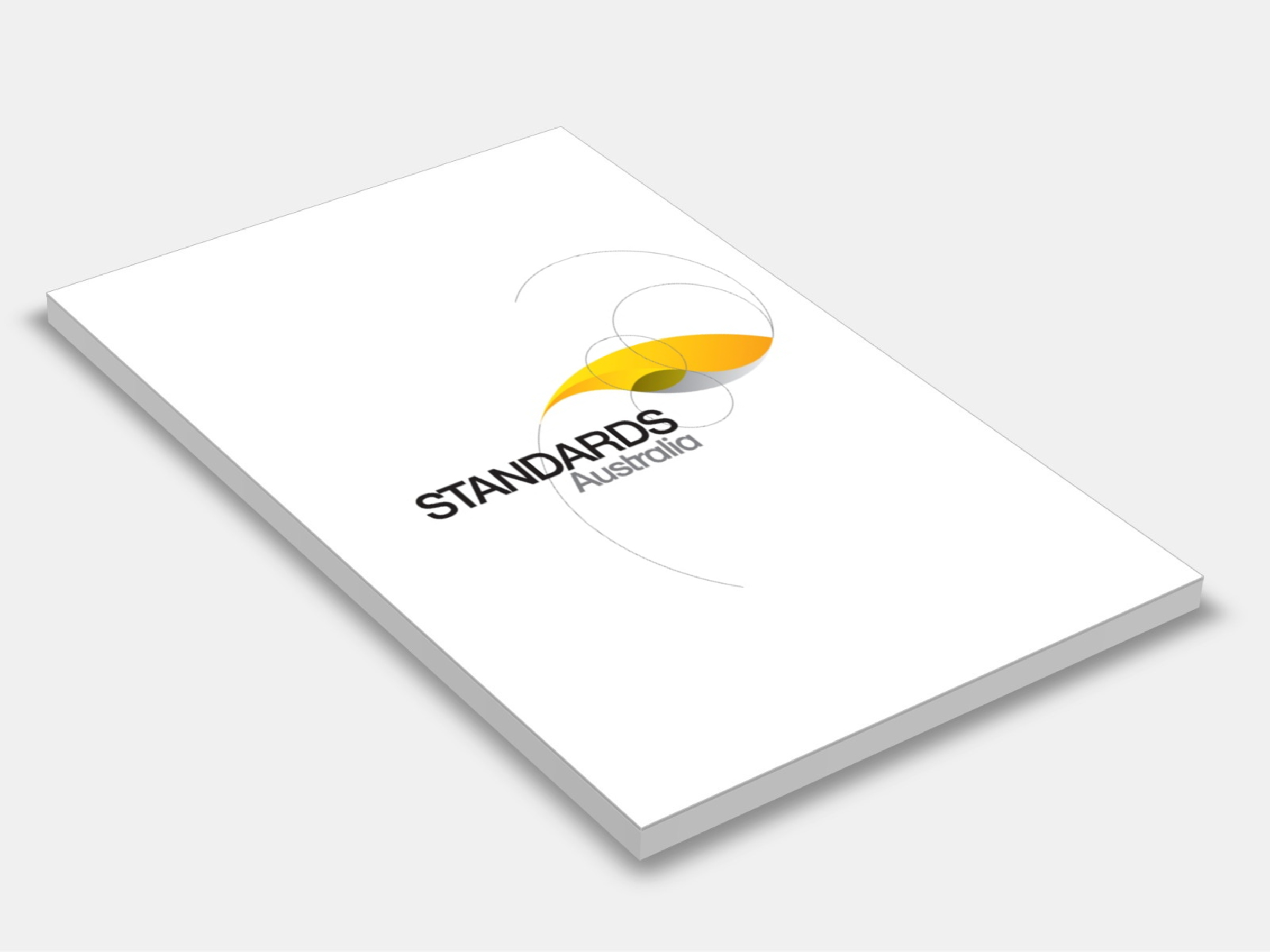
Type
Publisher
Standards Australia
Publisher
Standards Australia
Version:
Sixth Edition 2001.
(Current)
Short Description
Specifies the criteria for the selection of portable fire extinguishers and the requirements for their application, location and distribution.
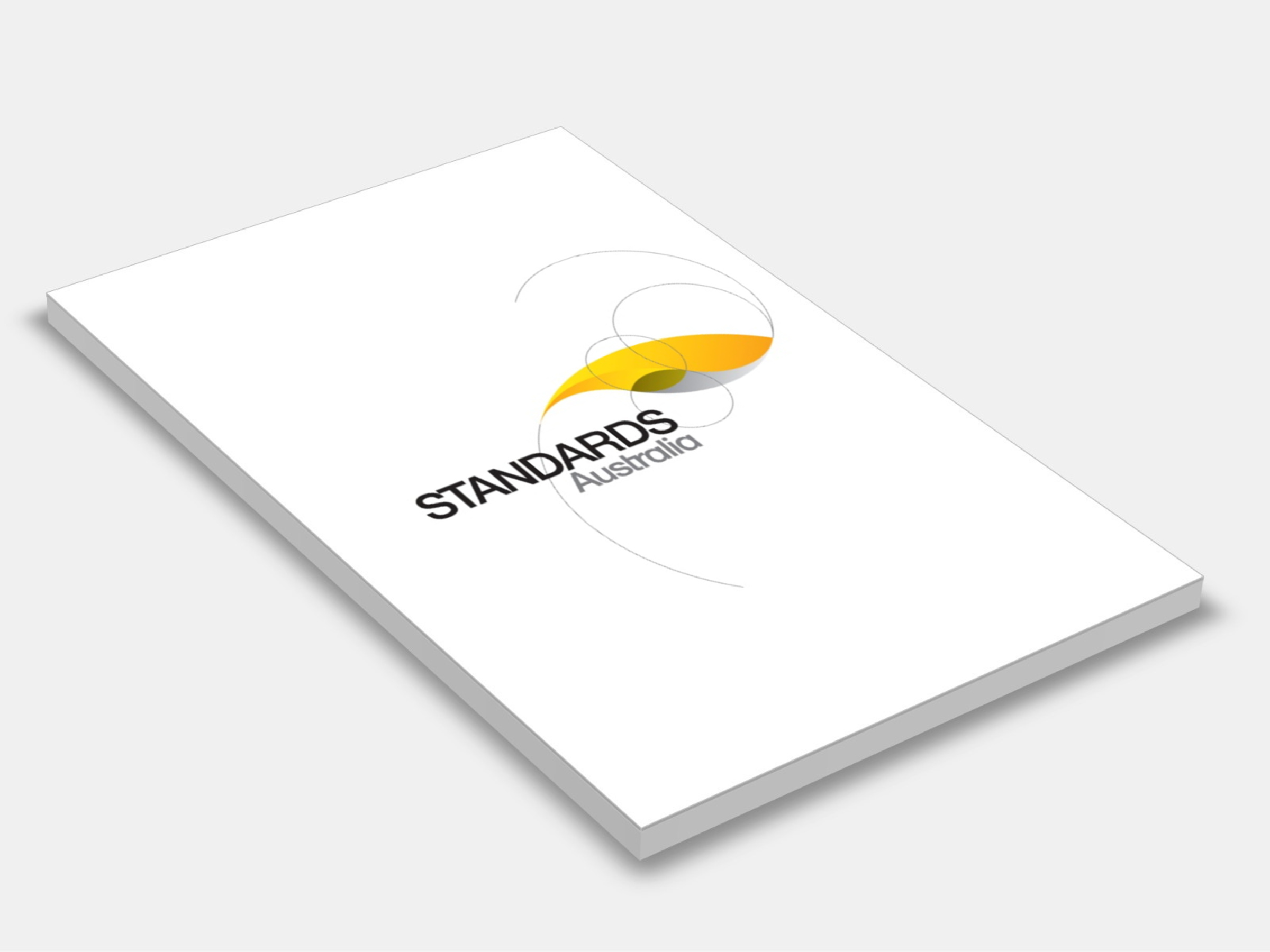
Type
Publisher
Standards Australia
Publisher
Standards Australia
Version:
Third Edition 2012.
(Pending Revision)
Short Description
Sets out requirements for inspection, testing, preventive maintenance and survey of fire protection systems and equipment.
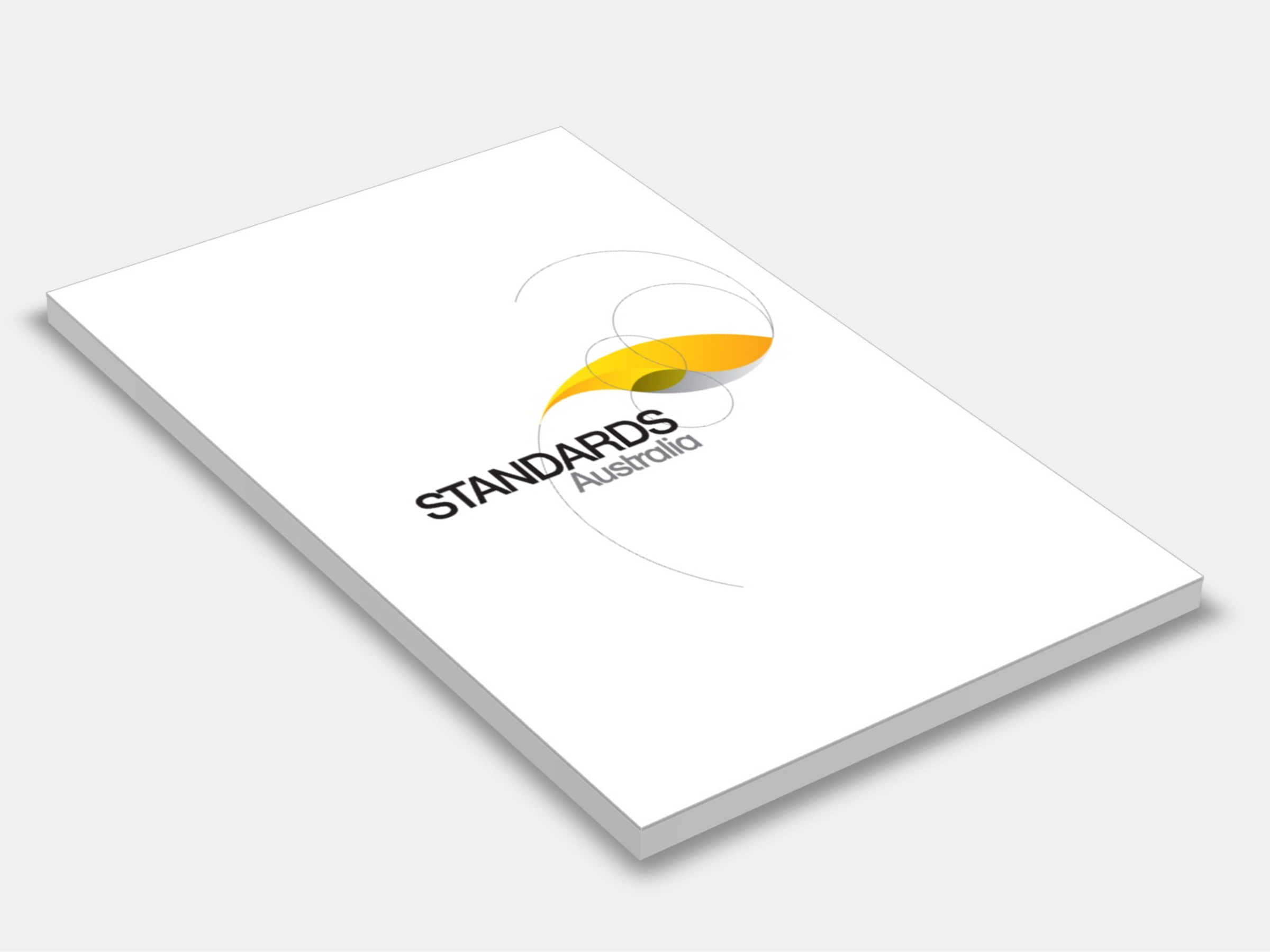
Type
Publisher
Standards Australia
Publisher
Standards Australia
Version:
Fourth Edition 2024.
(Current)
Short Description
The objective of this Standard is to achieve the reliable monitoring of fire detection and alarm systems (FDAS) installed in buildings by a remotely located monitoring service and to transfer required signals to a fire dispatch centre.
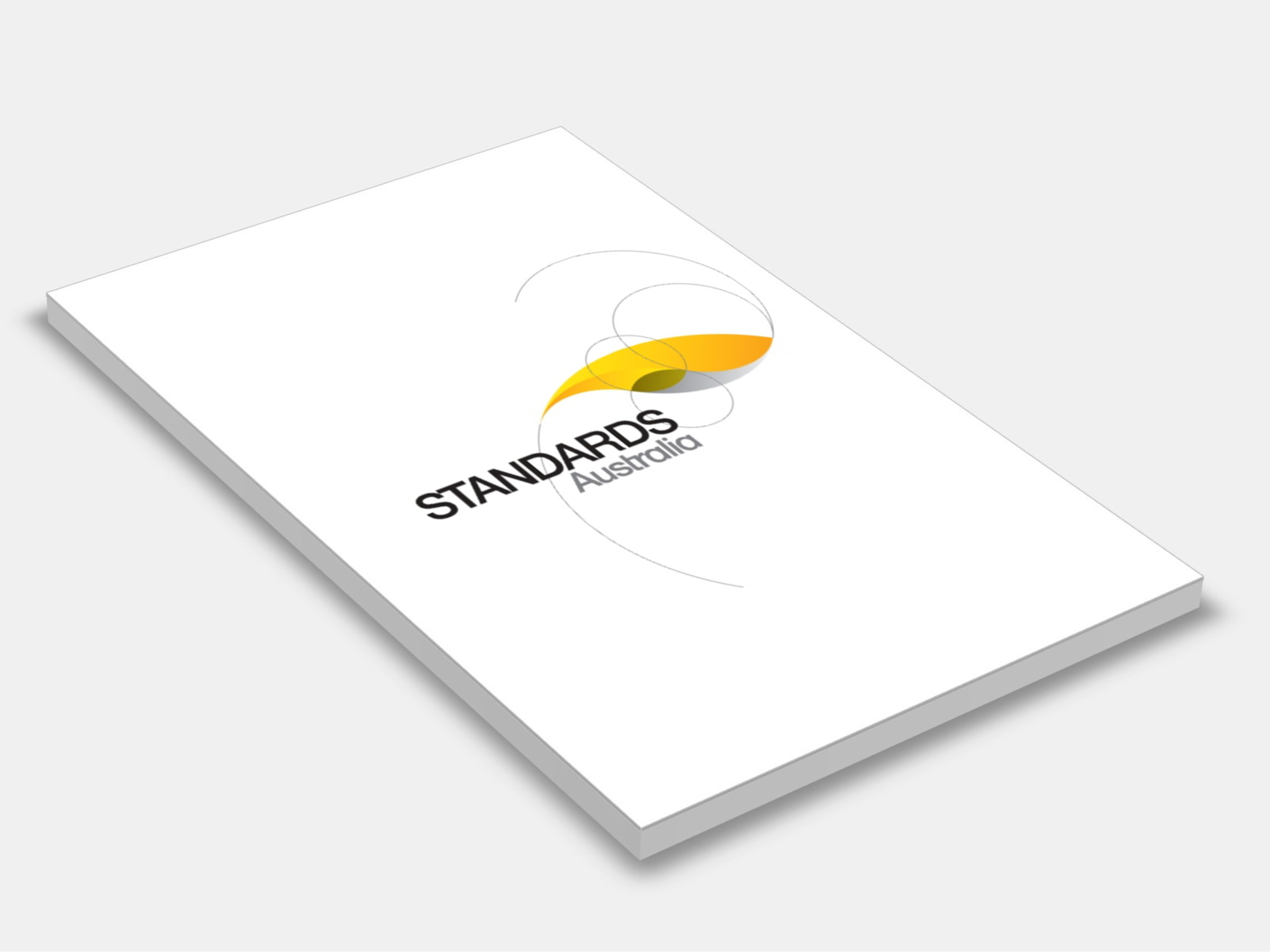
Type
Publisher
Standards Australia
Publisher
Standards Australia
Version:
Fourth Edition 2021.
(Current)
Short Description
This Standard, part of the AS 1684 series, specifies requirements for building practice and the selection, placement and fixing of the various structural elements used in the construction of timber-framed Class 1 and Class 10 buildings as defined by the National Construction Code; provisions also apply to alterations and additions to such buildings; to be used in conjunction with the Supplements.
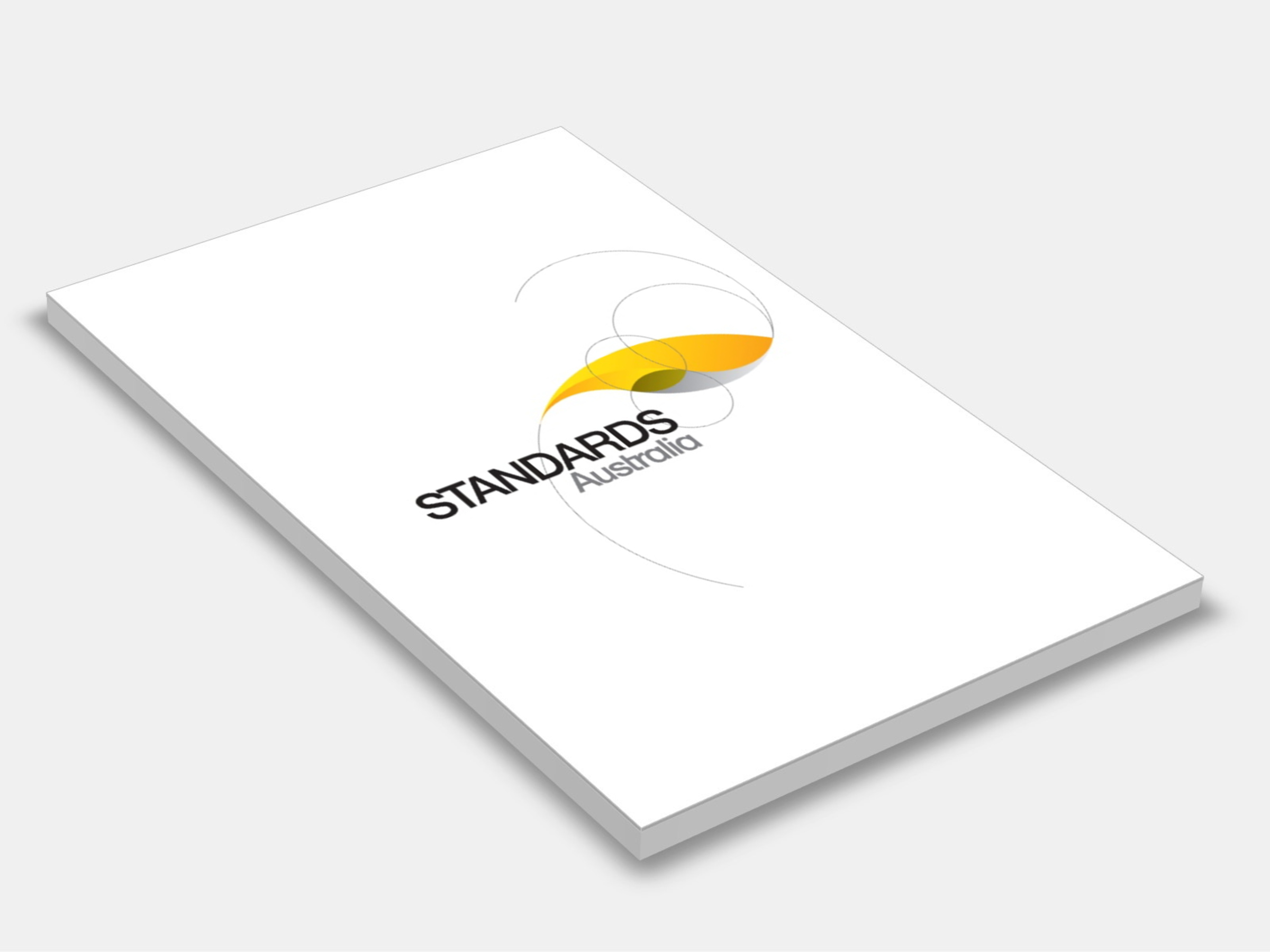
Type
Publisher
Standards Australia/Standards New Zealand
Publisher
Standards Australia/Standards New Zealand
Version:
Fourth Edition 2022.
(Current)
Short Description
AS/NZS 3019 sets out the requirements for periodic assessment of existing electrical installations which are connected to a low voltage a.c. supply system (exceeding 50 V a.c. but not exceeding 1 000 V a.c.). Inspection and/or testing is intended, as far as reasonably practicable, to determine whether the installation and all its constituent equipment is in a safe condition for continued use.